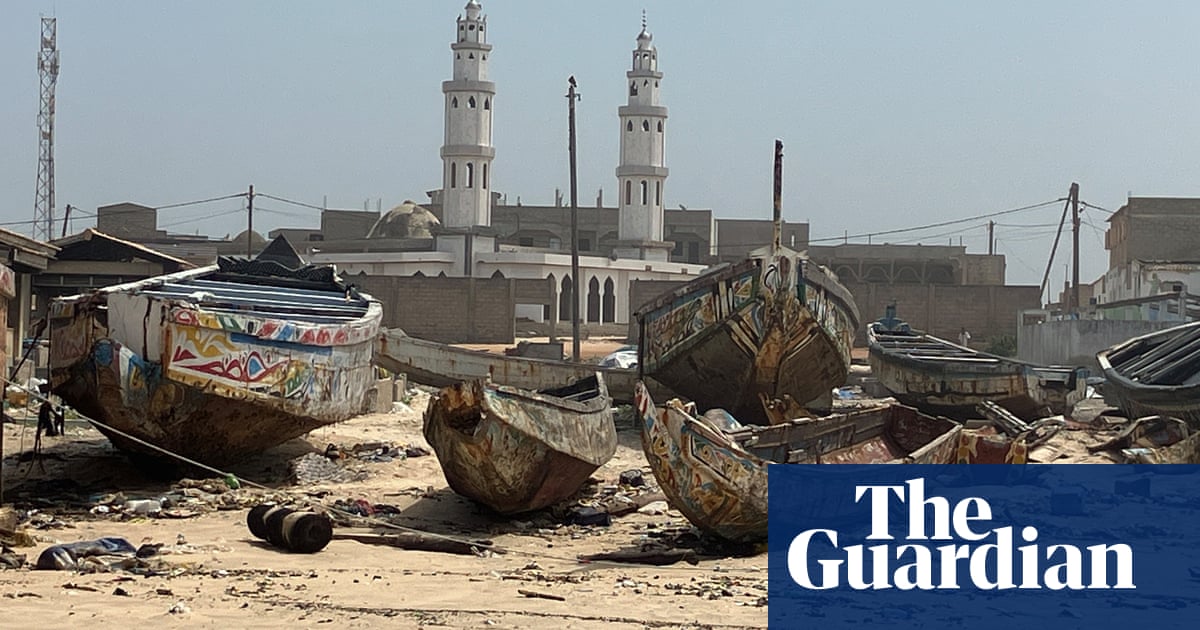Your article covers the negative effect of fishmeal exports on local livelihoods in Senegal, where factories are increasingly buying up fish for export to Turkey, and have thus negatively affected the local fishing industry (The hidden cost of your supermarket sea bass, 22 May). This may all be true, and it is sad to see the loss of jobs in the Senegalese artisanal fishing industry.
Yet it is a very one-sided picture. Rising fish prices in Senegal are part of a global trend, driven in part by rising consumption in rich countries as people shift their diets from beef to other sources of protein. Poorer countries, such as Senegal, that traditionally rely upon fish have also seen changes in diet, with fish beingincreasinglyreplaced by poultry and barbecued meat. Similarly, the recent increase in food insecurity in Senegal has less to do with an increase in fishmeal export and more to do with the Russia-Ukraine war, which hascauseda huge disruption of Russian and Ukrainian exports of oil, wheat and fertilisers.
The article frames fishmeal export from Senegal as not just bad for small-scale fishers but for the country as a whole. Yet fishmeal exports alsogeneratebadly needed employment, foreign currency and tax revenues in Senegal and neighbouring countries.
None of the above is to suggest that the Senegalese fishing industry does not warrant serious attention in terms of its social and ecological impact. But it is not clear that calls for Turkish fisheries to source their fishmeal elsewhere would benefit the Senegalese economy.
To quote the late economist Joan Robinson: “The misery of being exploited by capitalists is nothing compared to the misery of not being exploited at all.”Elliott GreenProfessor of development studies,London School of Economics
Have an opinion on anything you’ve read in the Guardian today? Pleaseemailus your letter and it will be considered for publication in ourletterssection.
